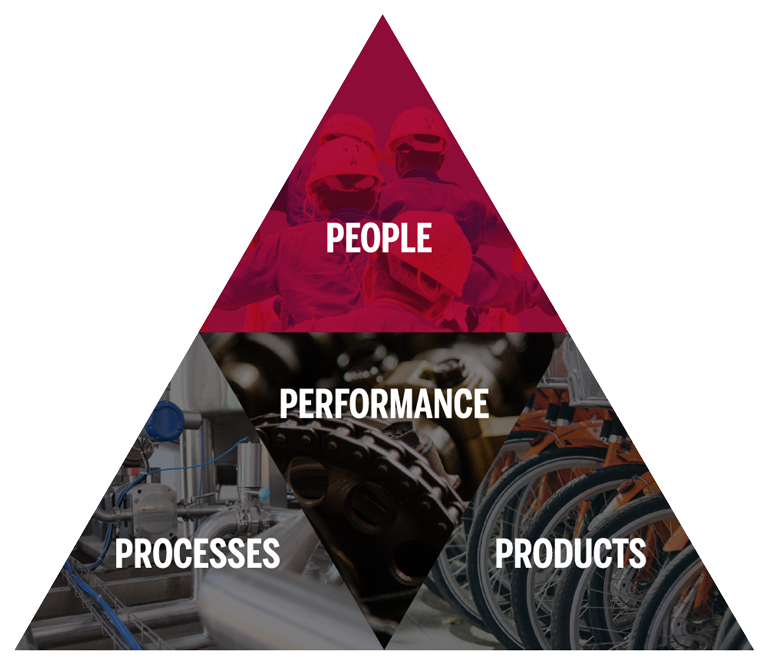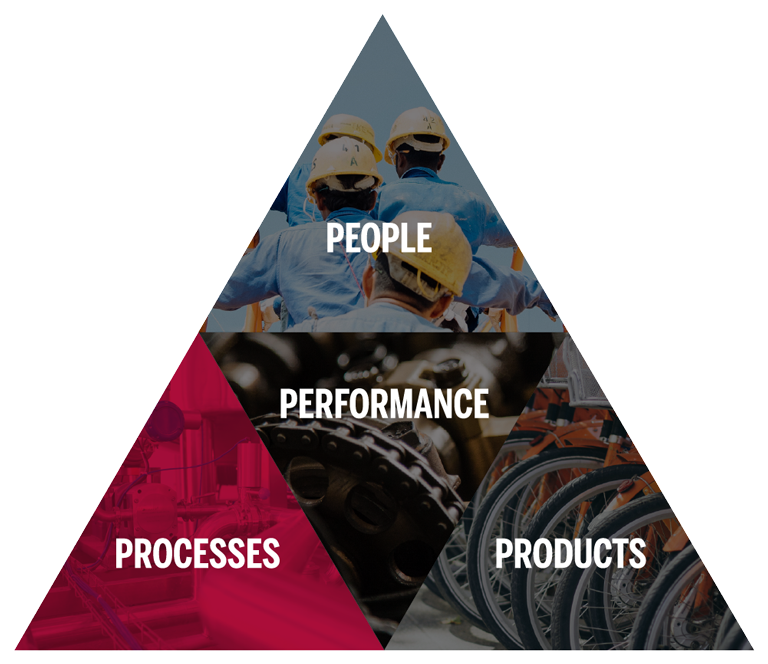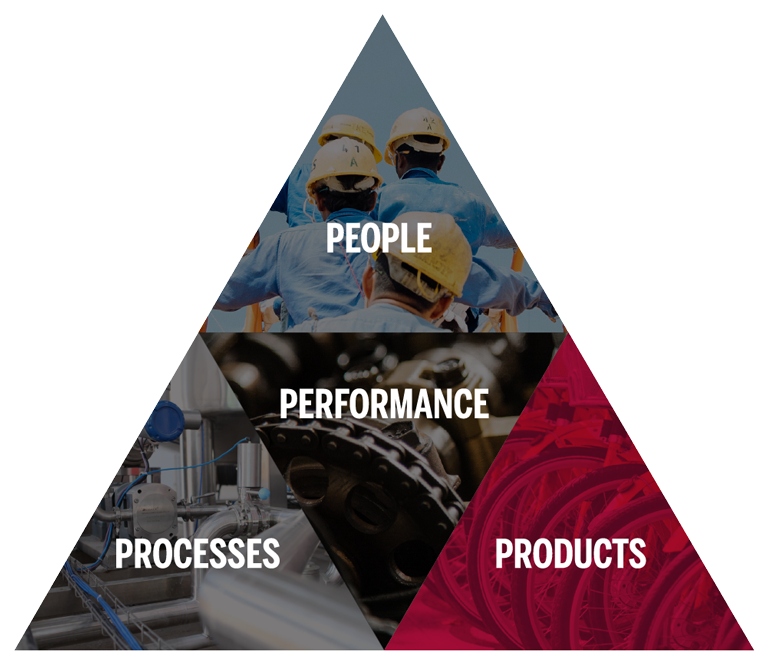Is “Second Chance” Hiring Manufacturing’s Best Chance to Employ New Talent?
Recent data from the U.S. Bureau of Labor Statistics reports over 8 million job openings across all industries and regions, including more than 700,000 in the manufacturing sector alone. By the year 2030, the National Association of Manufacturers expects that number to triple to 2.1 million. Include other fields, such as transportation and warehousing, that traditionally partner with and support manufacturing, and that is another 350,000 shorthanded positions somewhere in the supply chain.
Right now it’s likely that the organization you are involved with, as well as most of your suppliers and customers, currently have job openings with relatively few candidates available to help fill those critical vacancies.
There have always been open jobs in manufacturing, but today such understaffed positions typically represent more serious challenges. While Baby Boom workers steadily approach retirement, younger Generation Z workforce entrants resolutely refuse to even consider careers in manufacturing. Automating some of those short-staffed manufacturing tasks with advanced technologies is one possible solution to looming worker shortages. Bidding up wages and wooing workers from other businesses as well as creating apprenticeship programs may similarly yield new workers.
Are there any other viable alternatives?
Nehemiah Manufacturing in Cincinnati, Ohio, represents a refreshingly different option for recruiting production talent. Motivated by compassion and practicality, much of Nehemiah’s workforce consists of “second chance” workers with criminal records. “Many employees who come to Nehemiah Manufacturing just need a chance to prove themselves,” reads their mission. “They may show up with a spotty work history—or no work history—or a record blemished in some way. These hard-to-hire candidates are invisible to most companies. But not to us... we find rare diamonds—some of the hardest working people we’ve ever seen. In proving themselves, these employees become fiercely loyal—insistent on high quality; positive teamers who help each other; hard chargers who self-sacrifice for the success of all.”
Is second chance hiring something more manufacturers should consider? While its potential is both vast and exciting, there are many questions from what industries to which jobs it is ideally suited. Stay tuned—this is one avenue of research we at the Kelley School’s Center for Excellence in Manufacturing intend to focus on in the coming years.







